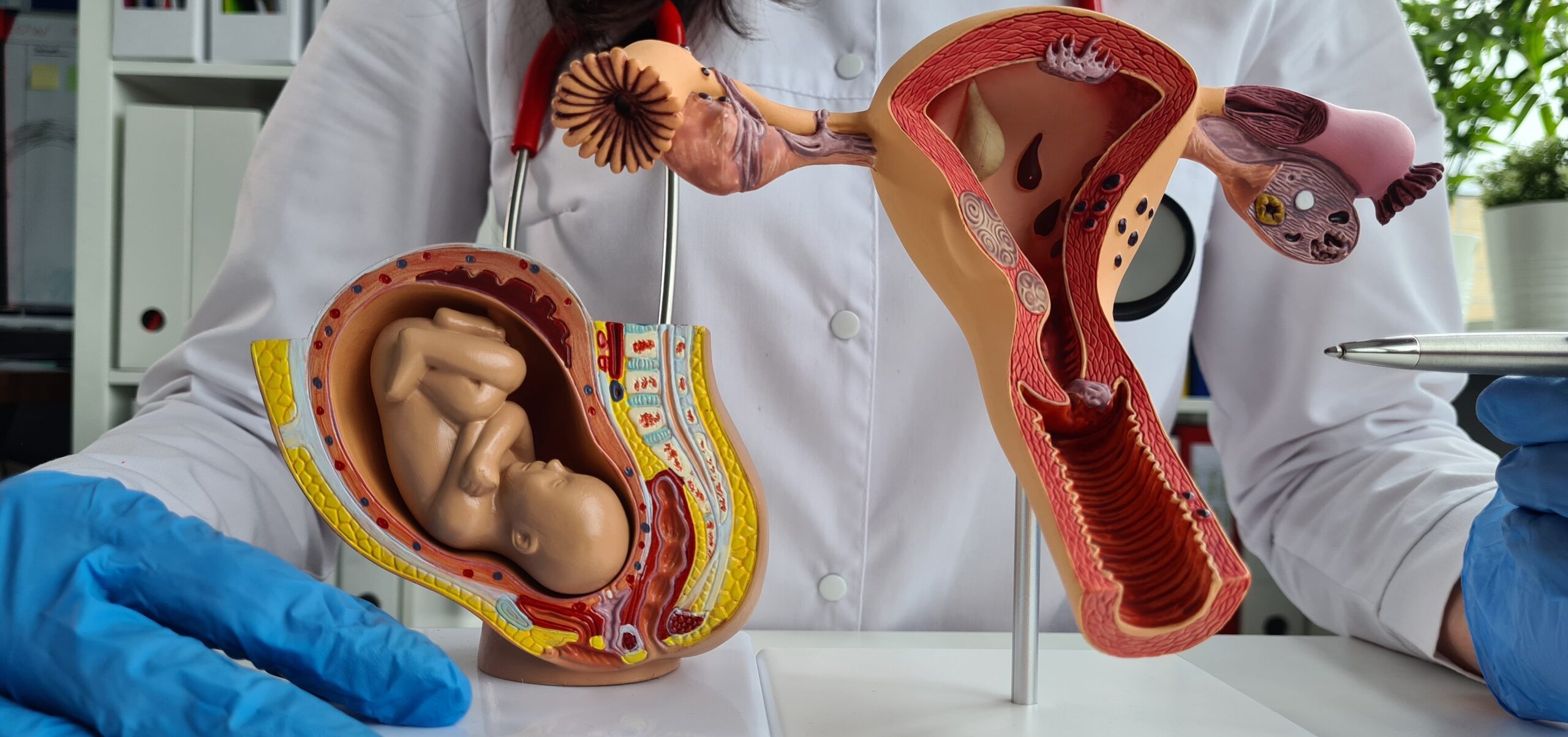Fertility is a natural part of life. Yet there are many hidden conversations about it. Many people grow up without proper fertility education, leaving a gap in their understanding of the body and its changes. While many schools teach basic biology, they really do not explain how lifestyle affects your medical issues, which can affect fertility. This lack of awareness leads many couples to face challenges in life when they want to start a family. At the same time, fertility knowledge is not just about pregnancy. In this blog you will understand why gynaecologists are not only doctors but also they are guides who can provide support, information, and clear direction.
Role of a gynaecologist vs a general physician
General physicians treat a wide range of health issues. Also, they may know a little about fertility, but that is not their focus. On the other hand, a gynaecologist specializes in reproductive health. Similarly, they understand fertility in depth, from the menstrual cycle to pregnancy and menopause. Moreover, when someone goes to a general doctor with a fertility question, the answer may stay at the surface level. In contrast, a gynaecologist can give proper advice customised for each individual. Additionally, they can identify early signs of fertility issues, guide patients on tests, and suggest healthy habits. As a result, this will make them the priority of true clarity for fertility matters.
Fertility guidance beyond standard healthcare advice
Most people think of a doctor as problem solved who solves problems and steps in when something goes wrong. However, gynaecologists do more than treat problems. So, they provide guidance that prevents issues before they even start. This is especially true in fertility. For example, a gynaecologist talks about how age affects fertility, certain lifestyle choices, such as smoking or stress, can reduce chances of conception, and why regular check-ups matter. Also, they can guide the patients on safe contraception planning, pregnancy, or even delaying it responsibly. This kind of support goes far beyond standard advice. It has long-term decision-making and prepares couples with strong fertility knowledge that helps them plan better.
Unique skills a gynaecologist brings to awareness.
Gynaecologists have the prior training to look at fertility. They can connect complex health information with simple advice that the patient can understand. This ability makes them strongly educated in fertility. They also have powerful communication. Therefore, many people feel shy or uncomfortable discussing fertility. A gynaecologist can create a safe environment. Moreover, their counselling skills help in breaking the myth that fertility depends only on women or that infertility has no solution. Therefore, by guiding patients with facts, they make fertility education the most informative one . For example, weight changes or even other health problems directly affect fertility. This holistic view of health allows people to see the bigger picture and take the right steps.
Examples of fertility education done by a gynaecologist
Gynaecologists use many ways to spread awareness. One common method is during a routine check-up. Moreover, many patients may visit for unrelated issues, but gynaecologists take the time and fertility basics post so they may talk about the importance of tracking the menstrual cycle or suggest preventive screening. On the other hand, an experienced gynaecologist conducts a workshop for couples planning a family. The session helps to answer common questions about fertility, pregnancy preparation, and lifestyle. Others share guidance through community health programs, helping young adults learn about reproductive health and normalising open conversation.
Limitations and scope for improvement
Even though the gynaecologist resolving the issues, there are still limitations. Fertility awareness is not always a priority in healthcare systems. Many patients only reach out when problems are already there. As a result, this late approach reduces the chances of an easy solution. On the other hand, the major limitation can be time. In a busy clinic, a gynaecologist may not have enough time to give a proper fertility lesson during every appointment. Many people feel shy about discussing reproductive health, and the silence delays education. However, the scope for improvement is huge. Also, they can collaborate with a digital health program to reach a larger audience. More workshop, counselling sessions, and awareness campaigns can fill the gap that exists today. With these steps, fertility knowledge can spread to every section of thre society.
Conclusion
Fertility is not just about having children; it’s about understanding the body, making proper choices, and planning the future. A gynaecologist understands the centre of this journey. PHS Fertility highlights the importance of working closely with a gynaecologist for guidance with the right steps, and awareness can grow stronger. Therefore, on this journey, building fertility knowledge is not just a medical task but also a social need.

